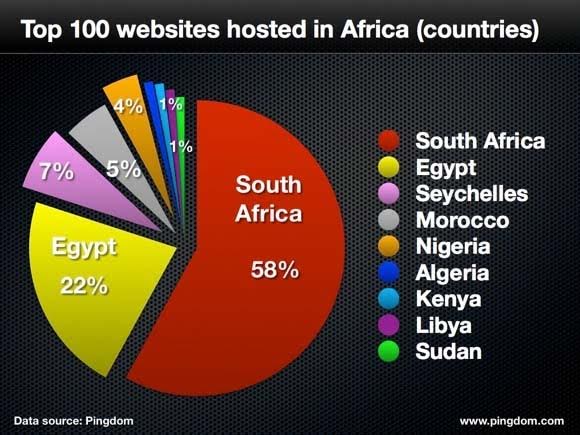Experts Push for Data Domiciliation to Protect Africa’s Digital Economy, Boost Job Creation
CHIGOZIE AMADI
Experts in data security have stressed the need for local data domiciliation within countries in Africa in order to protect Africa’s digital economy and boost job creation.
Some of the experts that raised the concern about local data domiciliation, spoke to THISDAY about the global surge in digital transformation that is driving businesses to migrate their applications and data to the cloud at an unprecedented pace.
They said such migration would not only ease the burden of managing local infrastructure but would also enhance availability at reduced costs.
They however said the migration would be hinged on robust connectivity across international borders, a situation they added, is prone to political and physical risks which could result in severe disruptions to the digital infrastructure of nations.
Citing the submarine cable cut incident that happened on March 14 this year, that affected 13 African countries including Nigeria, resulting in internet outage that disconnected businesses and banking operations, the experts said the severity of the impact of cable cuts on African businesses and the broader digital economy could have been alleviated if the region had enforced regulations on local data domiciliation, which involves safeguarding sensitive and crucial data within a country’s borders to enhance its security.
The experts are worried that a significant portion of Africa’s critical data is hosted overseas, including sensitive information such as financial records, citizen data, and telecoms information. They insisted that hosting data offshore poses inherent risks, and that countries hosting African data are often reluctant to allow their own data to be hosted beyond their borders as they recognise the security and economic implications.
“Beyond the physical infrastructure, which facilitates the transmission of data, there needs to be a pivotal shift in how African data is stored. Nigeria and by extension Africa, needs to retain more local traffic in-country/region and become proactive in driving data domiciliation as other developed climes, where their websites and sensitive data are hosted in-country. Hosting content locally, such as websites can help reduce reliance on international connections ensuring that critical services and information remain accessible even during submarine cable outages. Data domiciliation in Africa can be achieved by incentivising local cloud, internet exchange points and data centres in-country,” one of the experts said.
According to the Internet Society, one of the ways to avoid the negative impact of submarine cable outages is in the adoption of long-term solutions such as the establishment of Internet Exchange Points (IXPs) to improve internet resilience.
It said opting for local cloud and co-location infrastructure in-country would present a superior option compared to hosting data/applications overseas as it ensures that sensitive information vital to national security remains within the jurisdiction of a country and reduces their reliance on international submarine cables for data transfer.
The Internet Society also stressed the need for more investments in data centres in the region.
While digital transformation sweeps across Africa, Nigeria has a unique opportunity with its large population to become a leader in data security and digital resilience through local data domiciliation. With indigenous Data Centre operators in the country like MainOne, Africa Data Centres, Rack Centre, and more international data centre players looking to set up shop in the country, Nigeria has no excuse not to enforce data domiciliation laws for Nigerian data, the experts said.
The experts are of the view that local data hosting will also create additional jobs, reduce capital flight and dependence on Forex, drive digital transformation initiatives, promote industrial growth, and positively impact all facets of the economy.
“Even global content providers like Meta, Netflix, Google can enhance their customer user experience by leveraging indigenous data centers. By enforcing local domiciliation regulations, Nigeria has the potential to become the hub for technology in the region, even serving smaller neighbouring countries and land-locked countries,” the experts further said.





















